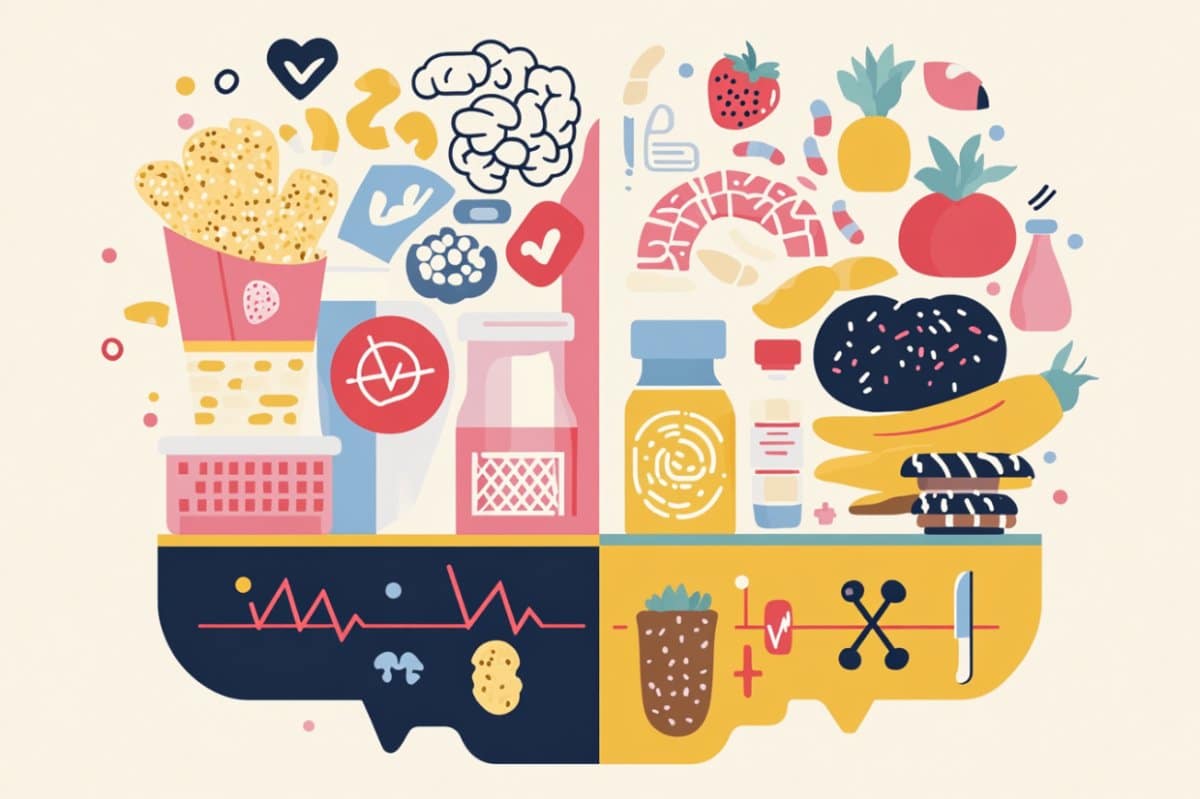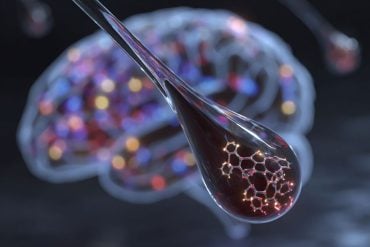Summary: A major new analysis of over 8 million adults reveals that each additional 100 grams per day of ultra-processed food intake significantly raises the risk of hypertension, cardiovascular events, digestive disease, cancer, and death. Ultra-processed foods—like sugary drinks, chips, and packaged snacks—are high in sugar, salt, and additives, and low in essential nutrients.
The research found a clear dose-response relationship: the more consumed, the greater the risk. Experts call for clearer labeling, public health education, and a shift toward minimally processed, nutrient-rich diets to counter this trend.
Key Facts:
- Every 100g/day adds risk: +14.5% for hypertension, +5.9% for heart events, +19.5% for digestive disease.
- Low in nutrients, high in additives: These foods are calorie-dense but nutritionally poor.
- Global review: Analysis included data from 8.3 million adults across four continents.
Source: American Academy of Cardiology
Consumption of ultra-processed foods, such as sugar-sweetened beverages, potato chips and packaged cookies, may be associated with adverse health outcomes, according to research being presented at the ACC Asia 2025, together with SCS 36th Annual Scientific Meeting taking place May 9-11 in Singapore.
This risk for hypertension, other cardiovascular events, cancer, digestive diseases, mortality and more, increased with every 100 grams of ultra-processed foods consumed each day.

“Ultra-processed foods are characterized by high sugar, high salt, and other non-nutritive components, exhibiting low nutritional density yet high caloric content,” said Xiao Liu, MD, with the department of cardiology at Sun Yat-sen Memorial Hospital of Sun Yat-sen University in Guangzhou, China.
“These products may contribute to adverse health outcomes through multiple mechanisms, including but not limited to dysregulation of blood lipid profiles, alterations in gut microbiota composition, promotion of obesity, induction of systemic inflammation, exacerbation of oxidative stress and impairment of insulin sensitivity.”
The systematic review included 41 prospective cohort studies spanning the Americas, Europe, Asia and Oceania assessing the association between ultra-processed foods and health outcomes prior to April 2024.
Taken together, the studies involved a total of 8,286,940 adult patients aged 18 years or older from the general population (30.8% male, 69.2% female).
All included studies used the Nova food classification system to define ultra-processed foods as industrially manufactured food products derived from natural foods or other organic constituents.
These products undergo extensive multi-stage processing and typically contain significant quantities of food additives, including preservatives, colorants and flavor enhancers.
According to the researchers, common examples of ultra-processed foods include commercially produced breads, sugar-sweetened beverages, potato chips, chocolate confectionery, candy, packaged cookies, etc.
The study found ultra-processed food consumption was associated with hypertension, cardiovascular events, cancer, digestive diseases and all-cause mortality.
Each additional 100 g/day of ultra-processed food consumption was associated with a 14.5% higher risk of hypertension, 5.9% increased risk of cardiovascular events, 1.2% increased risk of cancer, 19.5% higher risk of digestive diseases and 2.6% higher risk of all-cause mortality.
Researchers also observed increased risk of obesity/overweight, metabolic syndromes/diabetes and depression/anxiety.
The researchers used the Grading of Recommendations Assessment, Development, and Evaluation (GRADE) system to assess the quality of evidence included in the analysis. GRADE assessment indicated high to moderate certainty for most outcomes, except low certainty for metabolic syndrome/diabetes.
“Clinicians should clearly explain that ultra-processed foods are typically high in added sugars, sodium, and unhealthy fats, while being low in fiber, essential vitamins, and other protective nutrients.
“This nutritional imbalance contributes to a wide range of adverse health outcomes,” Liu said.
“Emerging evidence suggests a dose-response relationship between ultra-processed food consumption and negative health outcomes—meaning the more ultra-processed foods consumed, the greater the health risk.
“Therefore, reducing ultra-processed foods intake, even modestly, may offer measurable health benefits.”
According to the researchers, governments may consider implementing measures to reduce the consumption of ultra-processed foods and mitigate the associated health impacts.
Some suggested measures include establishing stringent food labeling regulations, requiring manufacturers to provide explicit and comprehensive ingredient disclosures—particularly detailing all additives present in ultra-processed foods, Liu said.
Clinicians should also encourage patients to gradually lower their ultra-processed food intake, replacing them with more nutritious, minimally processed foods.
While the study was limited in generalizability and comparability by different definitions of ultra-processed foods, Liu said the findings are not just about what to avoid, but also about what to embrace.
Emerging evidence has linked health benefits to whole foods, simple ingredients, and culturally appropriate healthy eating patterns such as the Mediterranean or DASH diet, he said. High quality studies about this topic are further needed.
About this diet and health research news
Author: Julie Boyland
Source: American Academy of Cardiology
Contact: Julie Boyland – American Academy of Cardiology
Image: The image is credited to Neuroscience News
Original Research: The findings will be presented at ACC Asia 2025






